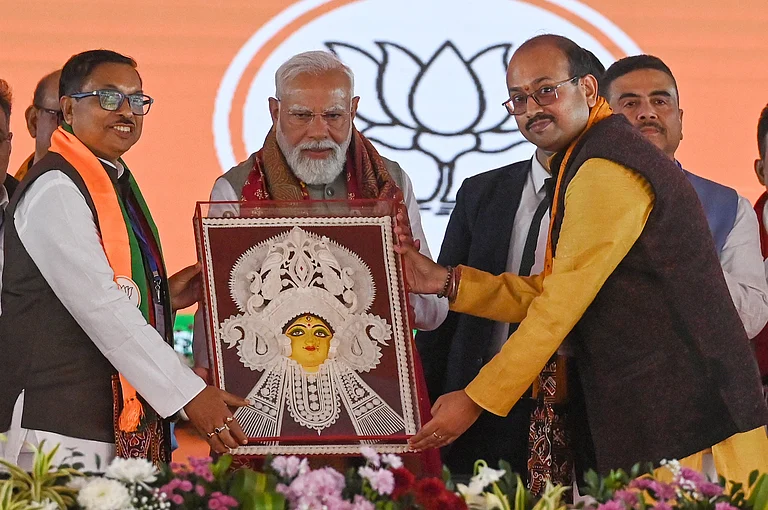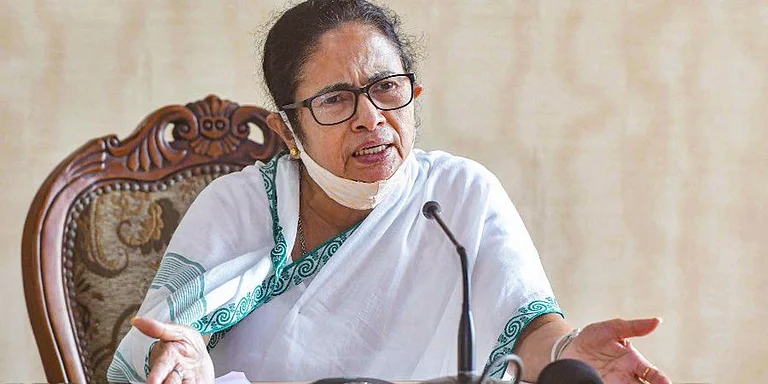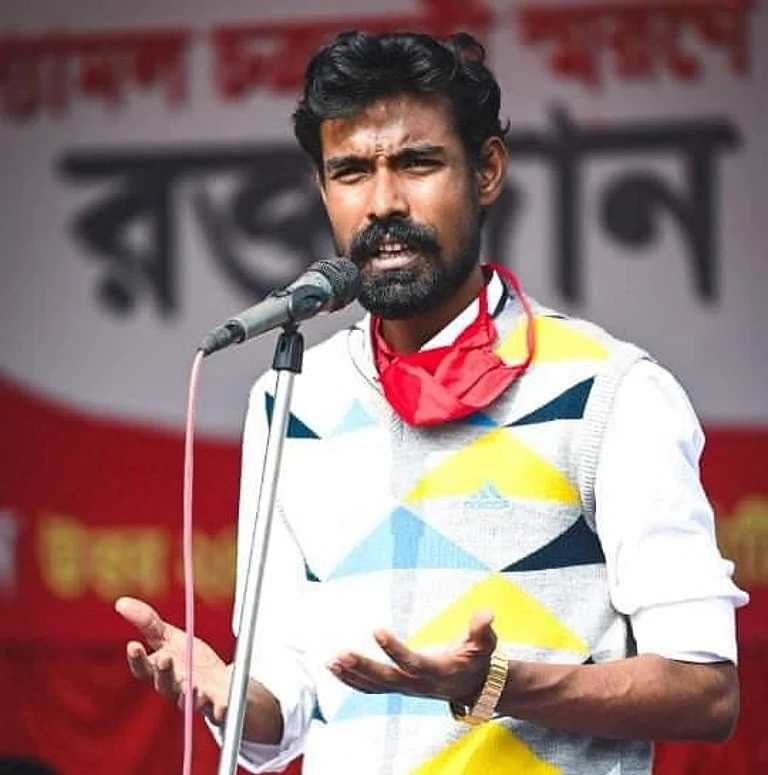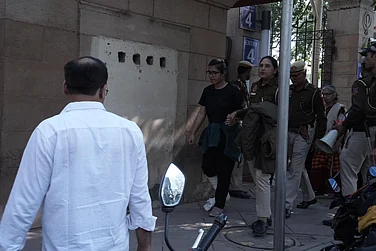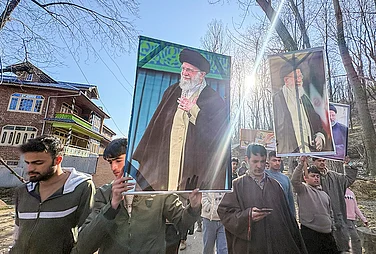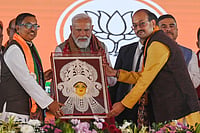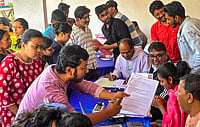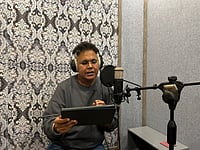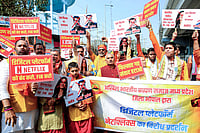The Calcutta Hight Court, hearing a public interest litigation challenging portions of the West Bengal Backward Classes (Other than Scheduled Castes and Scheduled Tribes) (Reservation of Vacancies in Services and Posts) Act, 2012, in its order, has invalidated all Other Backward Classes (OBC) certificates issued by the West Bengal government after 2010, and has ordered the cancellation of the caste status bestowed upon 77 communities, citing the illegal nature of the selection process. The division bench of Justices Tapabrata Chakraborty and Rajasekhar Mantha struck down portions of the Act, including Section 16, “since it empowers the State executive to amend any schedule of the Act of 2012 including Schedule I, along with the second part of Section 2(h), and Section 5(a) which distributed reservation percentages of 10% and 7% to the sub-classified categories.
The 37 classes included in the exercise of Section 16 by the state executive were struck out from Schedule I of the Act and the sub-classified categories OBC-A and OBC-B were removed, after the PIL filed in 2011 claimed that the issuing of the certificates after 2010 were done bypassing the West Bengal Backward Class Commission Act, 1993. However, the court also added that those who were beneficiaries of the reservation certificates, their jobs and seats would not be affected by the ruling. “Citizens from the 77 classes and 37 classes (added in the exercise of Section 16) struck down above, who are already in the service of the State, or have already availed the benefit of reservation or have succeeded in any selection process in the State, shall not be affected by the reason of this judgement,” the bench ruled. However, the invalidated certificates cannot be used further for similar applications for government jobs or availing other facilities.
The bench further clarified that the 66 classes of OBC, which were classified by the executive orders of the state government before 2010 were not considered in the ruling, since these were not challenged in the petitions. According to numerous reports, the order scraps almost five lakh certificates, most of which, if not all, have been issued over the course of Mamata Banerjee's tenure since 2011.
According to the Calcutta HC, the recommendations for sub-classification of OBCs by the state were made upon bypassing the state commission and also added that despite the commission not having the right to recommend a community for reservation solely based on religion, 41 out of the 42 classes that were recommended for reservation in 2010 alone, belonged to the Muslim community. The court further instructed the West Bengal Backward Class Welfare Department, in consultation with the State Backward Class Commission, to draft a report, which would include its recommendations for the inclusion or exclusion of classes from the state’s list of OBCs, for the state legislature.
The ruling came at a significant juncture in the ensuing elections in Bengal, just before the final two phases of polling. Experts believe that the Muslim vote, which accounts for 27%, which has always been an anchor for the TMC juggernaut, is certainly to be affected by the decision since the ruling impacts a major portion of Muslim communities. It is to see how it plays out in the days to come factoring in Mamata’s defiance and relentless establishment of the same in the face of the BJP’s continuous barbs aimed at her appeasement policies. The constituencies which were yet to vote, in and around Kolkata, have a considerable percentage of Muslim voters, who are to play a crucial part in turning the tide. While analysts suggested that there lies a strong possibility of a share of Muslim votes shifting towards the Congress-CPIM-ISF alliance in the state, Mamata Banerjee’s electoral destiny still depends firmly on the vote bank. It is to see how the tides turn, as analysts believe, the ruling holds a potential to turn either way, when it comes to optics for the electorate- as an evident decision pursued and endorsed by the BJP in further alienating Muslim voters in West Bengal, or an sharp indictment at Banerjee’s inability to legally shape and balance out her appeasement policies.
Mamata Banerjee, called out the order as one pushed by BJP and put out a sharp-worded response in a rally saying that she would not accept the order passed by the Calcutta HC and would not hesitate to move the Supreme Court. “I respect the courts. But I do not accept the judgement that says Muslims should be kept out of OBC reservation. OBC reservations will continue. We had drafted the bill after conducting a house-to-house survey, and it was passed by the cabinet and the assembly…We will go to a higher court if need be," she added.
As the Bengal electoral ground heats up, Prime Minister Narendra Modi and Home Minister Amit Shah also hit back in an exchange of barbs and welcoming the judgement and substantiating BJP’s recent claims of the opposition trying to snatch away reservations from the deserved only to appease Muslims in India. “How can a CM differ from the Calcutta HC order? I cannot understand her mindset. What kind of politics is going on in Bengal? Appeasement politics will not work. We welcome the Calcutta HC order and will ensure it is implemented and no reservation is given on grounds of religion,” Amit Shah said in a reaction to Mamata’s remarks, while Modi considered the ruling to be a slap on the face of the INDIA bloc.
With inputs from agencies.








